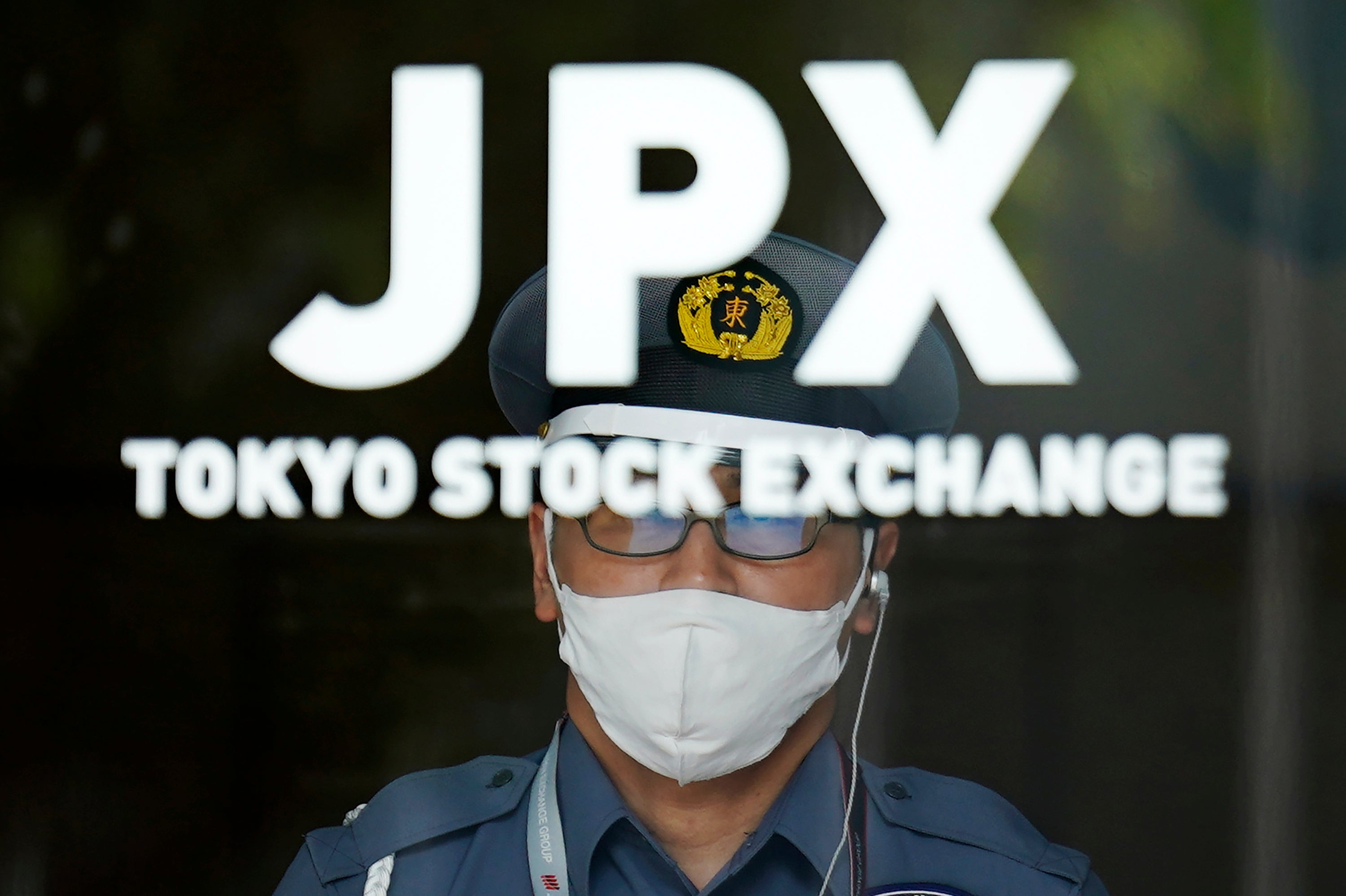Japan's central bank retains key interest rate while fine-tuning bond purchases for more flexibility
Japan's central bank has opted to keep its benchmark interest rate at minus 0.1% but will fine-tune its bond purchases to allow greater flexibility

Your support helps us to tell the story
From reproductive rights to climate change to Big Tech, The Independent is on the ground when the story is developing. Whether it's investigating the financials of Elon Musk's pro-Trump PAC or producing our latest documentary, 'The A Word', which shines a light on the American women fighting for reproductive rights, we know how important it is to parse out the facts from the messaging.
At such a critical moment in US history, we need reporters on the ground. Your donation allows us to keep sending journalists to speak to both sides of the story.
The Independent is trusted by Americans across the entire political spectrum. And unlike many other quality news outlets, we choose not to lock Americans out of our reporting and analysis with paywalls. We believe quality journalism should be available to everyone, paid for by those who can afford it.
Your support makes all the difference.Japan’s central bank opted Friday to keep its benchmark interest rate at minus 0.1% but said it will fine-tune its bond purchases to allow greater flexibility.
The Bank of Japan said that extremely high uncertainties for the economy and prices required a more nimble approach than its previous policy.
It said it would offer to buy 10-year Japanese government bonds at 1% each business day, instead of the upper limit of 0.5% that was imposed under its “yield curve control program.”
It said its aim is still to keep long-term interest rates near zero percent.
The yield curve controls are part of a suite of central policies, including massive asset purchases, meant to keep credit cheap to try to spur investment and spending and prop up economic growth.
The BOJ is under pressure to adjust its policies as the Federal Reserve and other major central banks have raised interest rates to slow lending and curb inflation. Japan's inflation rate has lagged those in the U.S. and Europe but is now over 3%, adding to those pressures.
But the central bank has resisted raising its minus 0.1% benchmark rate out of concern that growth may slow given risks of recession in the U.S. and other major economies.
Meanwhile, the gap between Japan's negative benchmark rate and rates in the U.S. has caused the Japanese yen to weaken against the U.S. dollar, adding to price pressures in Japan and raising costs for consumers and manufacturers given the country's heavy reliance on imports whose prices have risen sharply since the pandemic.
Markets wobbled ahead of Friday’s announcement. Afterward, shares fell in Tokyo and the Japanese yen weakened against the U.S. dollar.